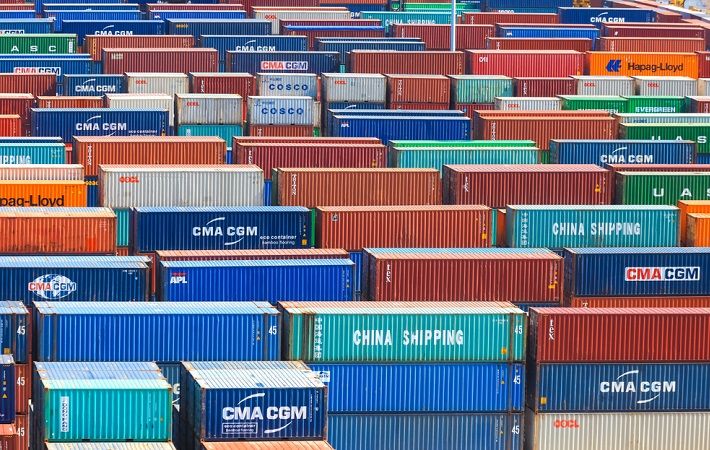
US ports covered by Global Port Tracker handled 2.16 million Twenty-Foot Equivalent Units (TEU) – one 20-foot container or its equivalent – in January, the latest month for which final numbers are available. That was up 3.6 per cent from December and up 5.2 per cent year-over-year, the report said.
Ports have not yet reported February numbers, but Global Port Tracker projected the month at 2.07 million TEU, up 10.5 per cent year-over-year. March is forecast at 2.17 million TEU, down 4.5 per cent year-over-year; April at 2.24 million TEU, up 4.2 per cent; May at 2.26 million TEU, down 3.2 per cent; June at 2.23 million TEU, up 4 per cent, and July at 2.26 million TEU, up 3 per cent.
Many of those monthly totals will come close to the record of 2.33 million TEU that was set in May 2021, which was up more than 50 per cent year-over-year because of the shutdown of stores and overseas factories in the spring of 2020.
The first six months of 2022 are expected to total 13.1 million TEU, up 2.4 per cent year-over-year. Imports for all of 2021 totalled 25.8 million TEU, a 17.4 per cent increase over 2020’s record high of 22 million TEU that was set despite the pandemic, the report said.
“Consumers are still spending and the supply chain is still working to keep up,” NRF vice president for supply chain and customs policy Jonathan Gold said. “Growth rates have slowed down from the off-the-charts numbers we saw last year, but volume is close to the highest we’ve ever seen. Everyone in the supply chain is trying to reduce congestion, but there is still work to be done. Retailers are also planning for potential additional disruptions this summer from West Coast port labour contract negotiations.”
“Congestion continues on both coasts, with ships queuing for berths at multiple ports,” Hackett Associates founder Ben Hackett said. “Problems remain with clearing import containers to their inland destinations while export containers are still being held back due to lack of space at the terminals. Until supply chain problems are sorted out with more drivers, trucks and inland storage space, we do not expect to see a rapid decline in the backlogs being experienced.”
NRF had recently sent a letter urging the International Longshore and Warehouse Union and the Pacific Maritime Association to begin contract negotiations well before their July 1 contract expiration to avoid any delay in reaching a settlement and additional congestion that might result.
ALCHEMPro News Desk (KD)
Receive daily prices and market insights straight to your inbox. Subscribe to AlchemPro Weekly!